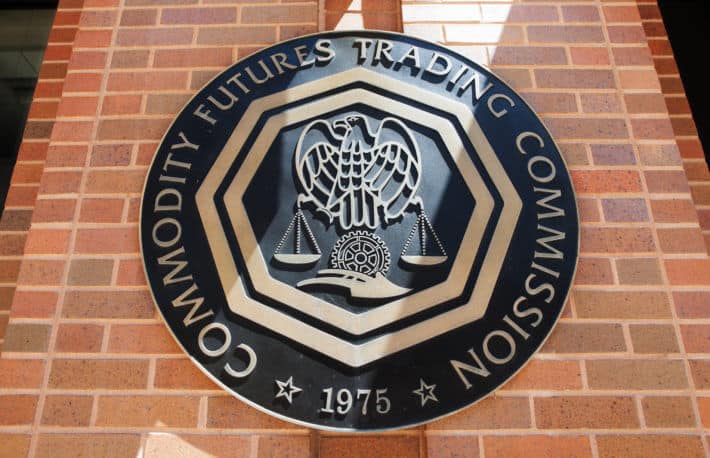Benjamin Reynolds stands as the mastermind behind one of the biggest Bitcoin Ponzi schemes out there. While the man hasn’t been located yet, the US Commodity Futures Trading Commission (CFTC) has enacted a default judgment against him. He will be mandated to pay a fine of $572 million in restitution and penalty after a federal New York judge made the default judgment against him.
Around 22,800 Bitcoin Stolen
The CFTC had accused Reynolds of operating a pyramid scheme that went by the name of Control-Finance. The scheme itself had fraudulently promoted a cryptocurrency investment company based within the UK, and the complaint itself was filed all the way back in 2019.
The complaint itself saw the agency go into detail about how this fictional CEO had, through fraudulent means, obtained 22,800 Bitcoin, which is worth an excess of $1.24 billion. He stole this Bitcoin from more than 1,000 investors, and promptly misappropriated it.
Usual Tactics Involved
Control-Finance made use of the typical promises of daily returned in order to lure in their unsuspecting investors. Promises were made of a 45% monthly returns, 1.5% a day. As is the norm in these types of scams, Control-Finance fabricated weekly trade reports to feed the investors further false information.
New participants within the program were given the typical promises of annual returns, but the entire operation was, in fact, just a big Ponzi scheme.

The CFTC explained that the big promise made by Reynolds was that he would return all Bitcoin deposits to the various Control-Finance customers by October of 2017’s end. As we all know now, he didn’t do that, retaining the deposits for his own personal use instead. As a result of this scheme, almost all of the customers managed to lose their entire Bitcoin deposits, with only a few managing to get an inkling of their initial investment
Stealing The Money Of Others
As one would imagine, the watchdog claimed that Control-Finance did no trading for its customers’ behalf, and didn’t earn any profits, to begin with. Instead, the scheme managed to launder the stolen funds by way of thousands of circuitous blockchain transactions. Reynolds even managed to transfer segments of these stolen assets to various bank accounts spread across tax havens, the Seychelles islands being a prime example.
The court paper went as far as accusing Reynolds of forging documents from the UK Companies House in order to convince the victims of this scam that the entire operation was legitimate.
As it stands now, the CFTC has failed to locate Reynolds, but the agency has managed to make a ruling through the New York court to settle his accusations in his absence.
Credit: Source link












































































































































